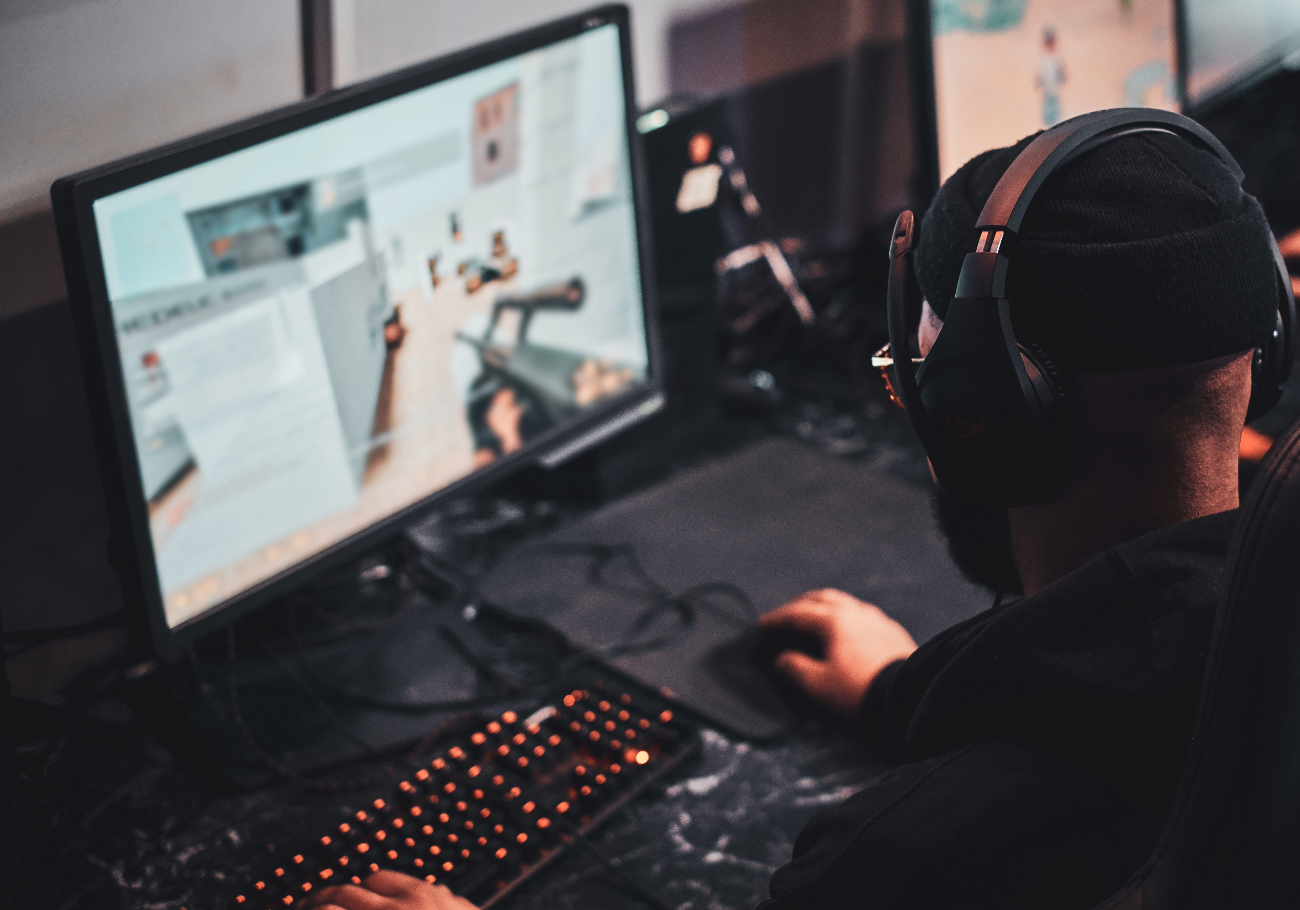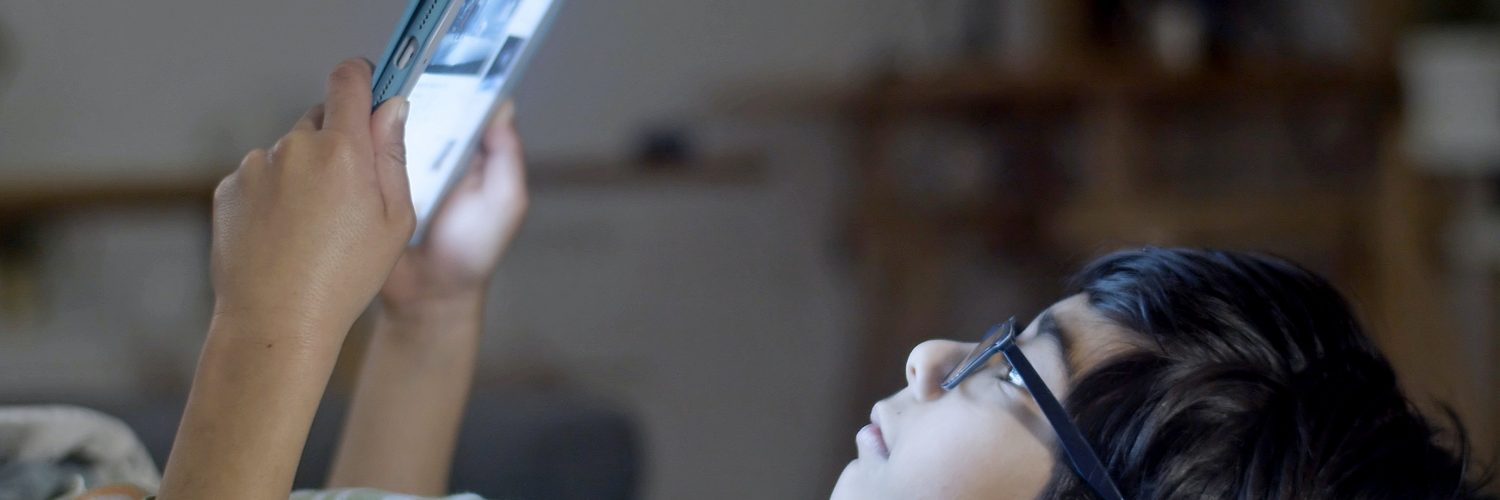
In recent years, the influence of social media on the mental well-being of young adults in Malaysia has come under the spotlight. According to the 2022 National Health and Morbidity Survey (NHMS), alarming statistics reveal that one in four adolescents report feelings of depression.
Additionally, one in eight adolescents aged 10-19 is grappling with a mental disorder, while one in ten has reported having suicidal thoughts. These numbers have seen an unfortunate rise compared to figures from over a decade ago.
The proliferation of social media and its implications on mental health have intensified concerns, as research suggests that it can lead to issues such as cyberbullying, anxiety, and depression.
Recognising signs of online and gaming addiction

In honour of World Mental Health Day, Dr. Tee Bee Chin, a Child and Adolescent Psychiatrist at Sunway Medical Centre, explores the impact of online and gaming addiction among children in Malaysia.
Dr. Tee emphasises the significance of identifying early signs of addiction, which often manifest as secondary problems linked to underlying issues like learning difficulties, social conflicts with peers, and familial disputes.
These signs may include withdrawal from real-life activities, an increased tolerance for screen time, and a preoccupation with online activities. A standardised diagnosis of addiction takes into account factors such as time spent online, its impact on daily life, and unsuccessful attempts to reduce usage.

Online and gaming addiction can have severe consequences on children’s mental health in Malaysia. Dr. Tee cites research indicating a strong connection between increased social media use and symptoms of depression and anxiety among adolescents, particularly girls.
She also notes a link between violent video games and aggressive behaviour in children, emphasising that such games can trigger quick and violent reactions. Recent studies further reveal that adolescents exposed to increased video game violence exhibit higher hostility levels, engage in more arguments with teachers, become involved in physical fights, and experience poorer school performance.
Underlying causes and multifaceted approaches

Dr. Tee delves into the underlying causes of mental health issues among young adults, including cyberbullying, the fear of missing out (FOMO), addiction, reduced face-to-face interactions, and information overload. Stigma surrounding mental health treatment is also discussed, which can hinder adolescents from seeking help.
Dr. Tee advocates for a multifaceted approach to child mental health, emphasising that treatments and therapies should be tailored to individual needs, considering factors like age, the availability of supportive networks, existing coping skills, personality traits, and the acceptance of diagnosis or treatment.

These treatments may include counselling, cognitive-behavioural therapy, grief therapy, trauma work, play therapy, family therapy, and, in severe cases, medications.
Dr. Tee underscores the importance of early recognition of addiction for child development, as timely identification and intervention can reduce suicide risks and enhance coping mechanisms. She encourages parents to seek help from healthcare professionals and highlights the value of support groups for adolescents facing similar challenges.
In the digital age, Dr. Tee stresses the importance of nurturing a supportive environment and guiding children towards using the internet constructively for their mental well-being. As we observe World Mental Health Day, protecting children’s mental health is paramount, and recognising signs and providing support are crucial steps towards fostering mentally resilient adults.











